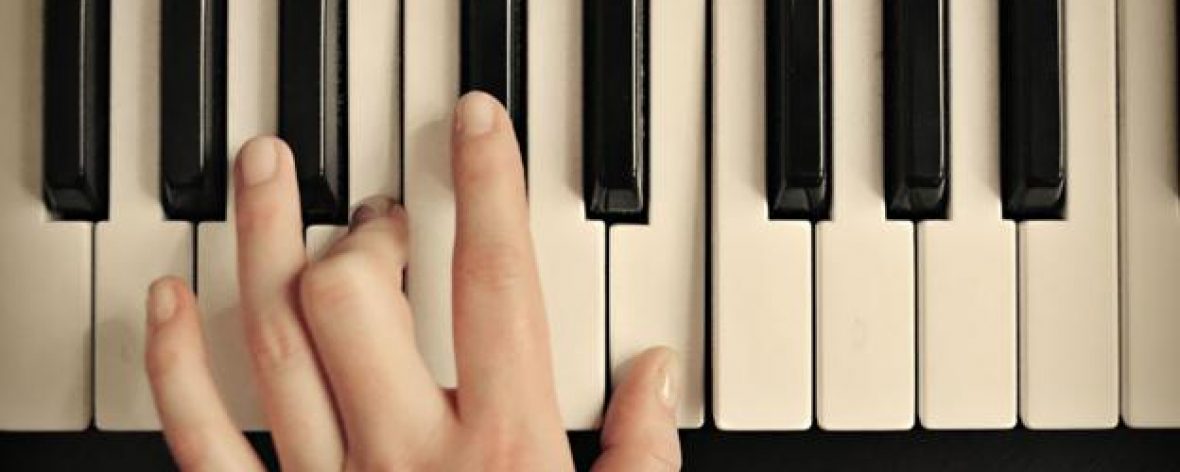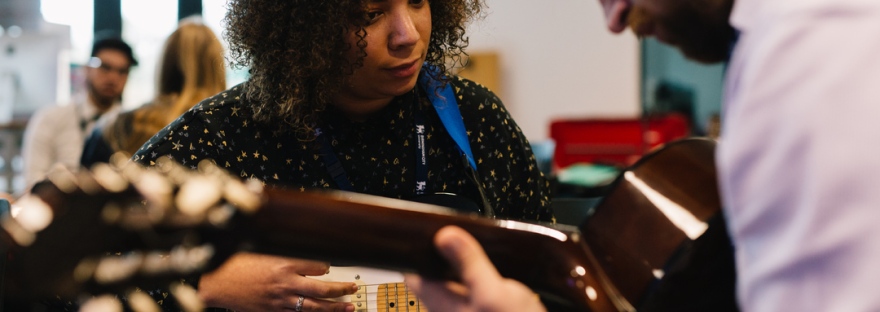A-level music education provided by state schools could completely disappear by 2033 as a result of an alarming year-on-year decline, new research suggests. Falling access to the music qualifications, accelerated by cuts in local and central government funding in recent years, has also led to the gap between state and independent music education provision widening,… Continue reading UK’s future music ‘talent pipeline’ at risk from A-level music decline
Category: Studying music
Technique without tears
Technique lies at the foundation of piano playing, and good technique can serve the beginner student right through to advanced level.
The Three H’s of Practicing
On the most basic level, we practice to get better, to become proficient, to ensure we never play a wrong note. However, productive practising should never just be mindless “note bashing”. As pianist and renowned teacher Seymour Bernstein says in his excellent book ‘With Your Own Two Hands’, “productive practising puts you in touch with… Continue reading The Three H’s of Practicing
The Mindful Pianist – Mark Tanner
Mindful adjective 1. attentive, aware, or careful (usually followed by of): mindful of one's responsibilities. 2. noting or relating to the psychological technique of mindfulness: mindful observation of one's experiences. The Mindful Pianist by pianist, teacher composer and examiner, Mark Tanner is the latest volume in the Piano Professional series published by Faber Music in… Continue reading The Mindful Pianist – Mark Tanner
What Are Piano Lessons For?
This is a very personal manifesto about the purpose of piano lessons. You may not agree. You may disagree vehemently. But what you (as a piano teacher or as a parent of a piano student or as a piano student) believe piano lessons are for will affect your level of satisfaction with the piano lessons… Continue reading What Are Piano Lessons For?
Conservatoire Life: A look through the (Practice Room) keyhole
Thinking about studying at music college? This guest post by Madelaine Jones, a third-year student at Trinity-Laban Conservatoire of Music & Dance, will give you a flavour of student life at a top London conservatoire..... “So where do you study, then? What subject?” “Oh, I’m a piano student. I study at a conservatoire.” Cue either… Continue reading Conservatoire Life: A look through the (Practice Room) keyhole
Aural Masterclass Part 2 – Cadences
Cadences are the punctuation marks in music (see my earlier post on Musical Punctuation Marks). Some cadences are very final (.) while others pause for only a moment (,). Some introduce the performer/listener to a new idea or section in the music (:), others leave the listener wanting more (....). Cadences can asks questions (?),… Continue reading Aural Masterclass Part 2 – Cadences
Aural Masterclass Part 1 – Intervals
The first in an occasional series of posts to help students prepare for aural tests. Understanding intervals is an important aspect of playing and studying music, and this is why music exams test candidates on their knowledge of intervals. An interval is the distance between one note and another, and is always described as a… Continue reading Aural Masterclass Part 1 – Intervals
‘Curved Lines’ – phrases and how to shape music
Phrases are like musical ‘sentences’, and, a phrase in music expresses a complete idea. In classical music, phrases are symmetrical in length, but in modern music a phrase can be any length. Phrasing helps to shape the music, and to give it life, form and 'punctuation'. Phrasing relates to the way in which individual notes… Continue reading ‘Curved Lines’ – phrases and how to shape music
A History of Classical Music – Part 2: Baroque
Baroque ("baah-rock") is a style of art, which includes music, architecture and painting, and which lasted from around 1600 to around 1750. The greatest composer of the Baroque period is Johann Sebastian Bach (1685-1750). Baroque is a style of music, rather than an exact period of time. In other words, some composers lived during the… Continue reading A History of Classical Music – Part 2: Baroque

